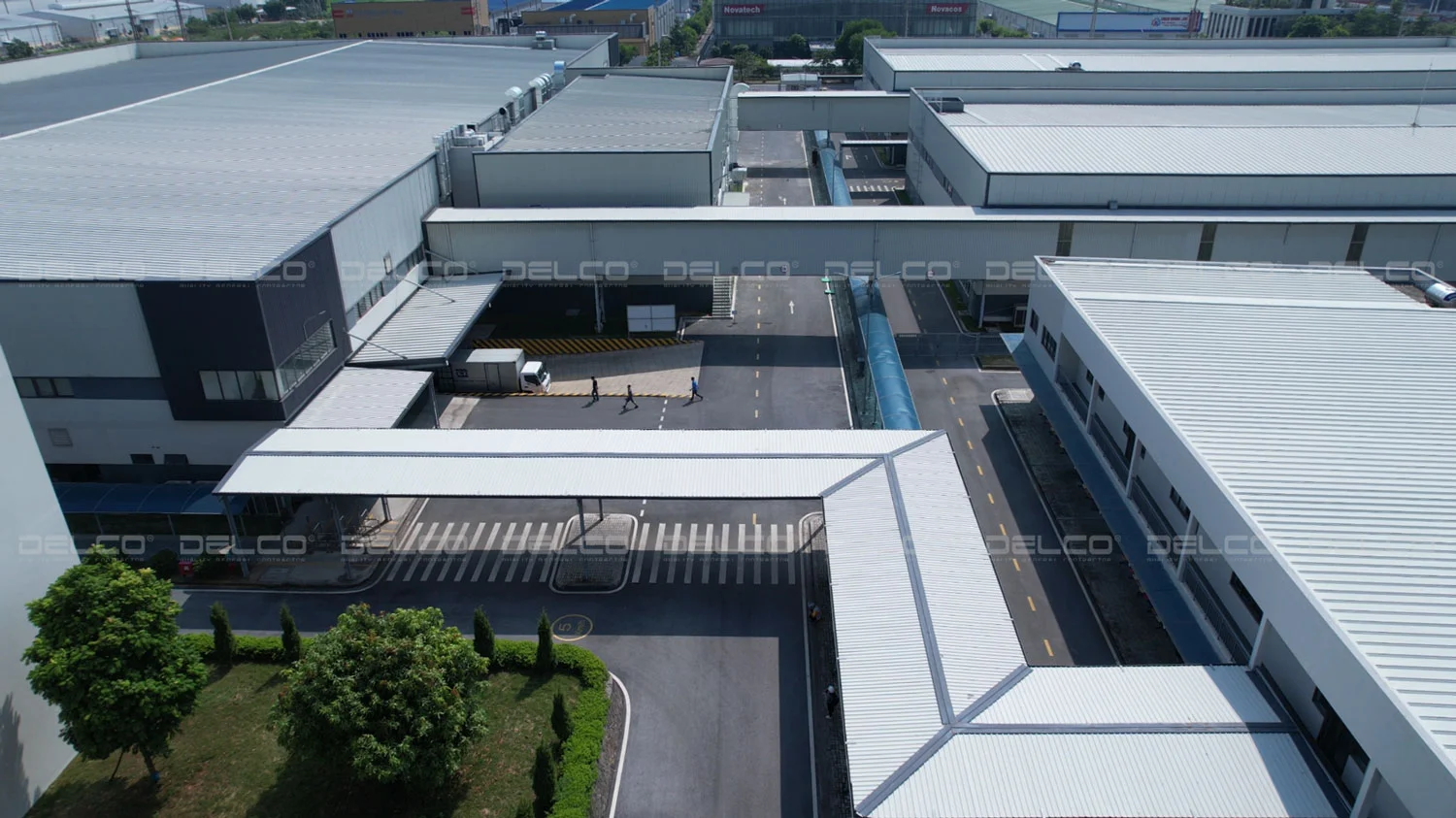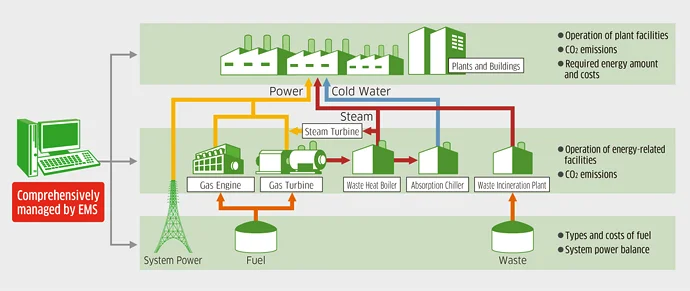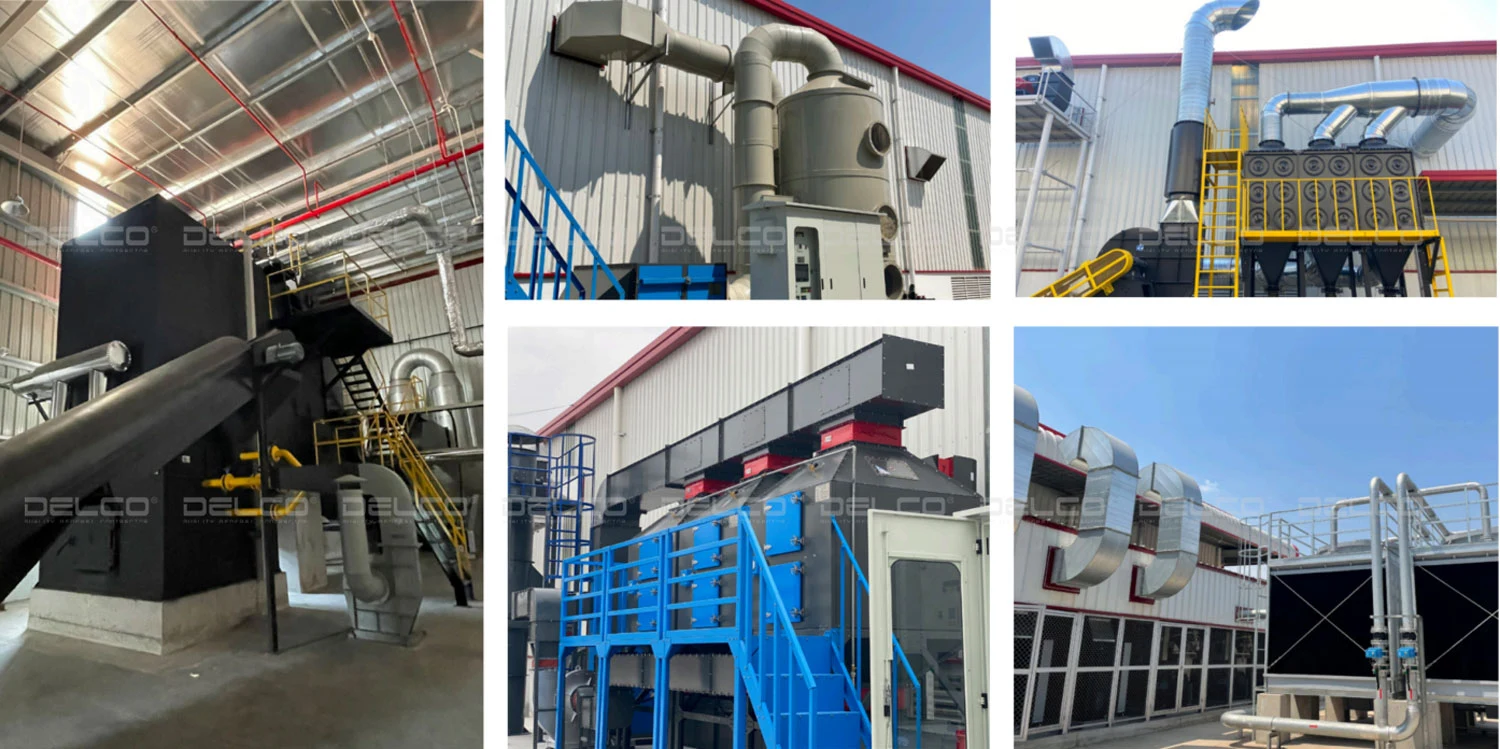In factory construction project management, besides factors like harsh weather conditions, material and labor management, fire prevention methods, etc., contractors should also pay attention to the following aspects of quality and progress control.
Site Preparation
Site preparation is the first step when starting a construction project. The main tasks include sand leveling, building temporary site infrastructure such as site coffice, electrical, water, and internal transportation systems to support the construction process. The site preparation phase must be completed safely and on schedule so that subsequent tasks can be quickly implemented, ensuring that the construction timeline aligns with the plan.
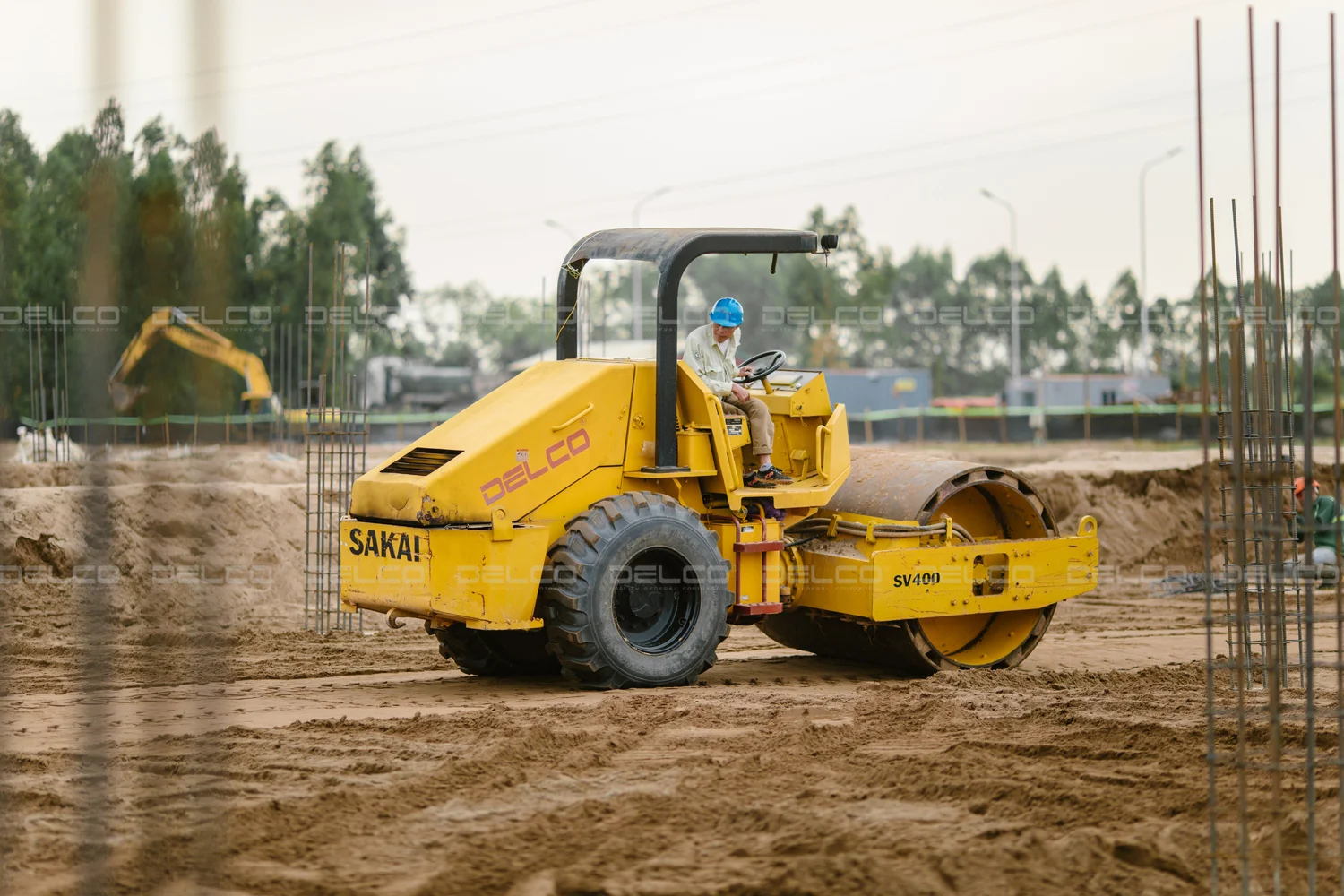
Additionally, for large-scale projects, the contractor needs to work closely with the investor to ensure that the site is handed over on time as noted in the contract, preventing delays in subsequent tasks that could impact the overall project timeline.
Project schedule management
Schedule management is not just about monitoring the work schedule; it also involves continuously assessing and forecasting potential issues, such as design changes, technical problems, or material shortages. When detecting deviations from the original plan, the contractor must immediately assess the impact and propose timely adjustment measures for approval by the investor and supervisory unit to quickly resolve any arising issues. This requires the contractor to have a thorough plan for supervising and managing the project schedule, tailored to the project’s scale and characteristics.
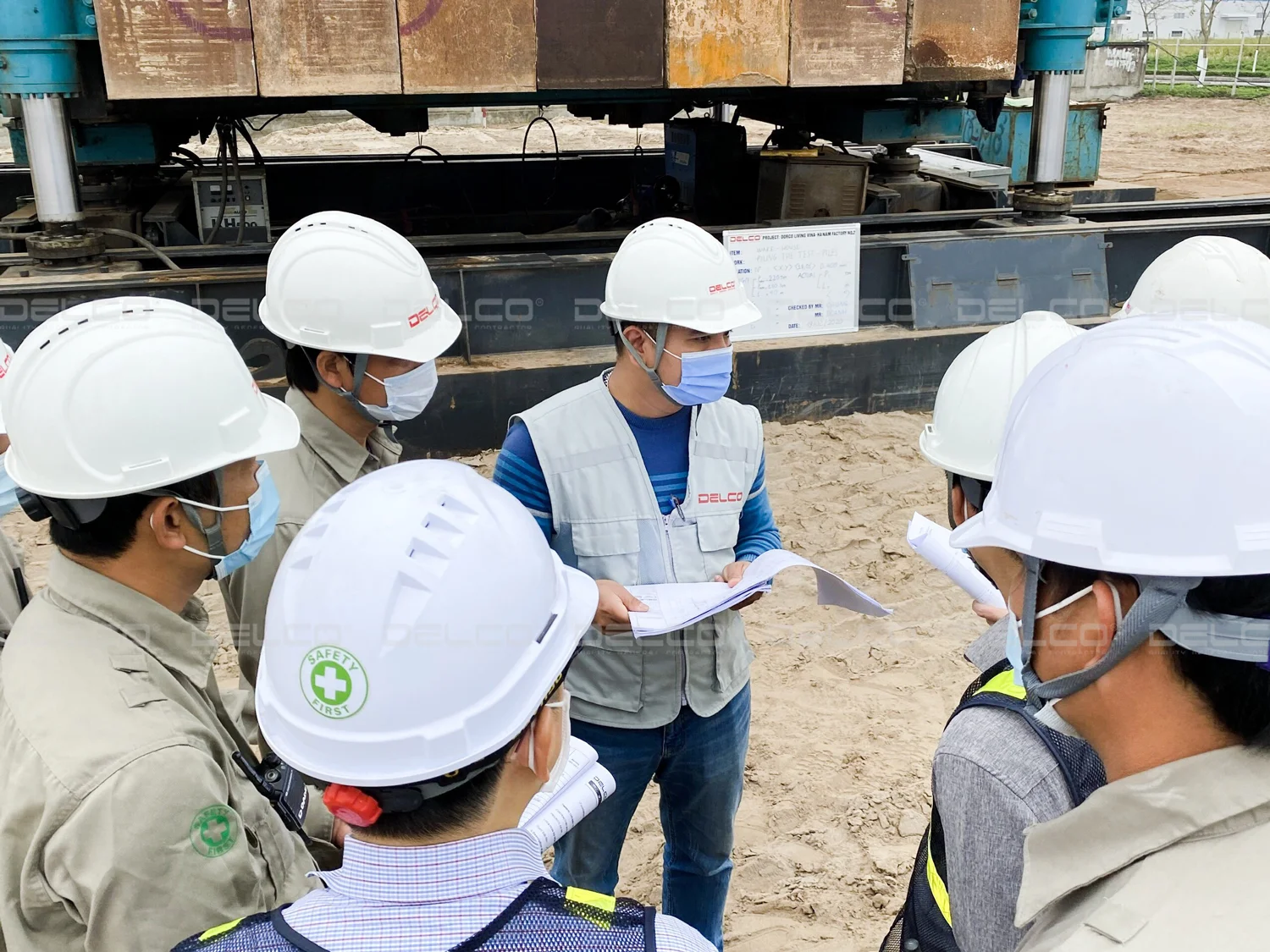
To effectively manage project progress, contractors can use project management software to break down the scope of work, such as Microsoft Excel, Microsoft Project, or use Gantt charts to monitor and control the specific timelines of each work package. This approach gives the contractor an overview of the project’s progress and facilitates efficient resource allocation, avoiding wasted time and construction costs.
See also: Schedule management plan of factory construction
Project quality management
The quality of the construction project not only impacts the safety of the workers but also affects the operational efficiency of the factory in the future. Therefore, strict quality control of each construction item is crucial, requiring the contractor to manage quality at the same time with schedule management.
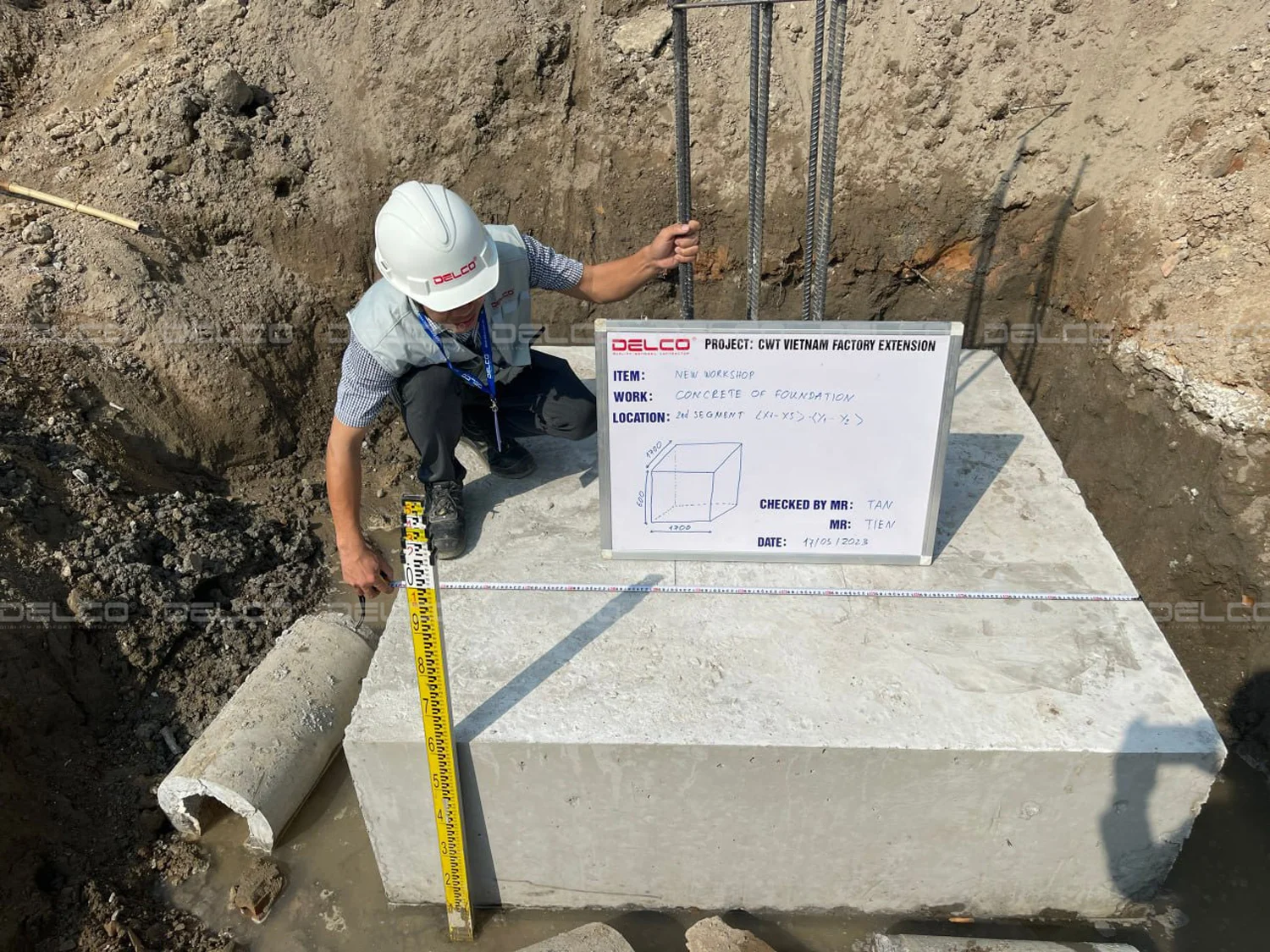
In projects where DELCO serves as the Design-Build contractor, we often implement an internal acceptance process on a rolling wave method, meaning that acceptance is conducted immediately after each item is completed. This approach helps in the early detection and rectification of technical errors, ensuring the project meets the schedule and quality commitments made to the investor. Additionally, for projects involving supervising consultants, DELCO always clarifies the acceptance criteria for each item with the consultant. This not only ensures that all parties involved—including the contractor, investor, and consultant— understand and agree on the criteria for evaluating the project’s quality but also helps facilitate the acceptance process, ensuring quality and minimizing the risk of revisions.
Stakeholder Coordination
From the planning stage of construction, stakeholders, including the investor, contractor and consultant, need to establish a clear and specific project monitoring and reporting plan. The parties should agree on the schedule for submitting project schedule reports on a daily, weekly, or monthly basis, the timing of regular meetings, and the plans for material approval, design adjustments, and acceptance of each item. This helps ensure that all stakeholders are aware of their responsibilities and authorities, avoiding unnecessary misunderstandings and conflicts.
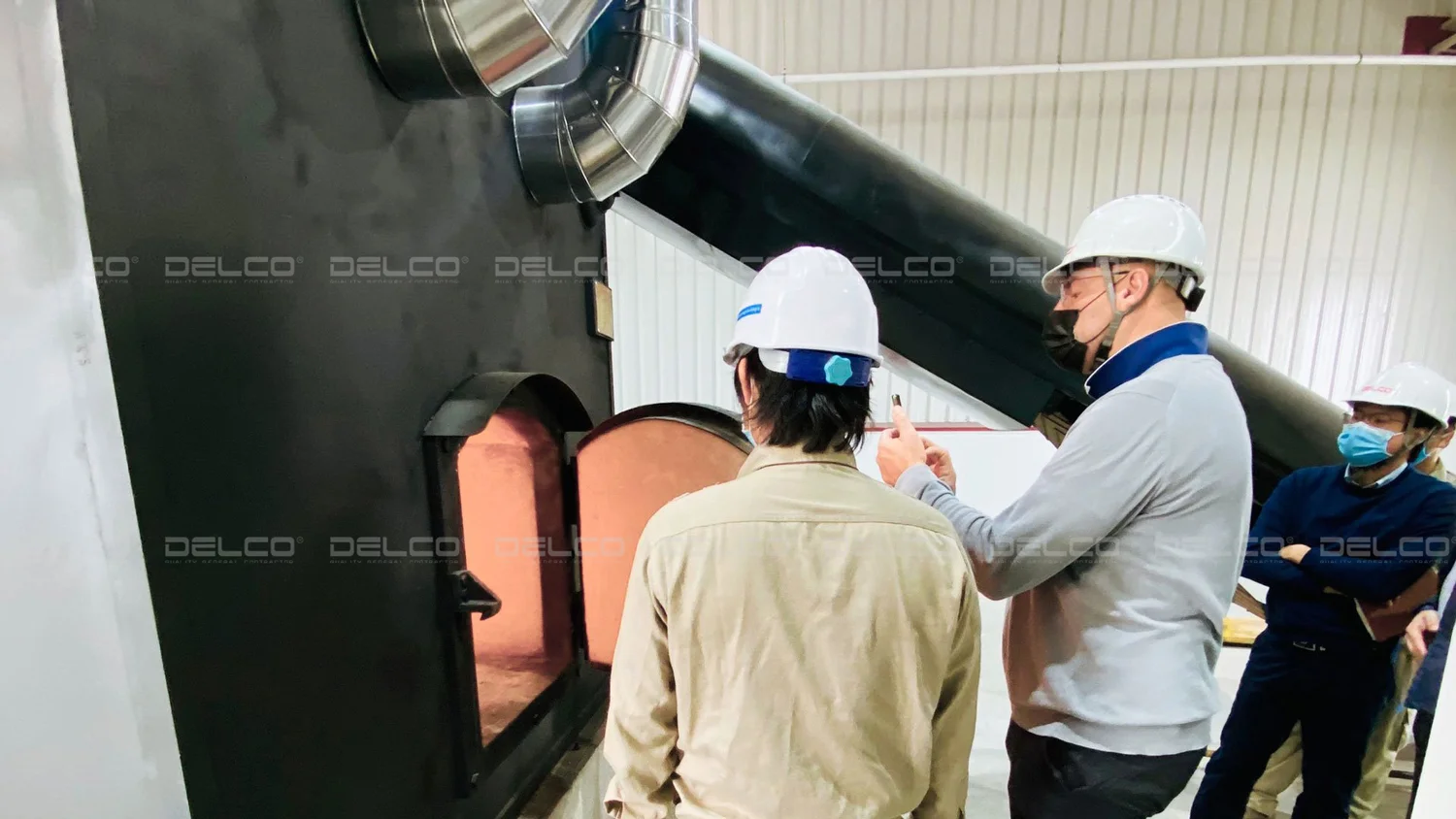
Moreover, close coordination among stakeholders allows for a quick consensus on handling issues that may arise during the project, such as material shortages or weather impacts. This ensures that the project can maintain both quality and schedule according to the established plan.
See more: Optimizing Material and Resource Schedule in Construction Project Management
See more: Ensuring safety of factory construction during rainy & stormy seasons


